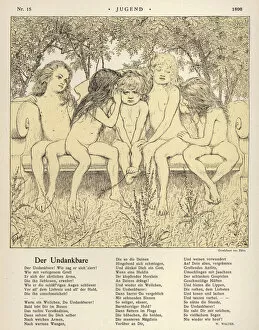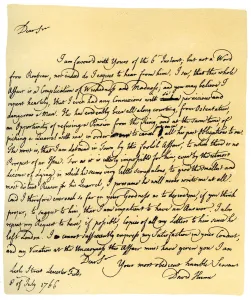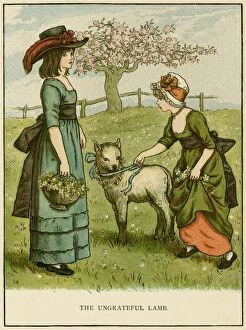Ungrateful Collection
"The Ungrateful: A Reflection on Human Nature through Art" This collection of artworks captures the essence of ingratitude
All Professionally Made to Order for Quick Shipping
"The Ungrateful: A Reflection on Human Nature through Art" This collection of artworks captures the essence of ingratitude, a trait that has plagued humanity throughout history. From "The Ungrateful (litho)" to "Rather the butter than the bread. (colour litho)", these pieces depict various instances where gratitude was absent. In "A foolish rich man, from The Bible Picture Book published by Thomas Nelson, " we witness a wealthy individual who fails to appreciate his blessings. This cautionary tale reminds us that material wealth does not guarantee happiness or gratitude. "After the election (colour litho)" portrays a scenario where political victory breeds ungratefulness. It serves as a reminder that power can corrupt and blind individuals to those who supported them along their journey. The image of a wounded Austrian soldier attempting to harm the Duchess of Aosta during World War I reveals an unsettling lack of appreciation for her selfless volunteer work as a nurse. It highlights how even in times of crisis, some fail to recognize acts of kindness and compassion. An engraving titled "An English Lady's Experiences with Native Servants in South Africa" sheds light on colonial attitudes and ingratitude towards native workers. It exposes the disregard for their contributions and emphasizes the importance of recognizing everyone's efforts regardless of social status or background. George Cruikshank's artwork titled "An Unthankful Fellow" humorously depicts an unappreciative character whose actions lead him down an unfortunate path. This satirical piece serves as a reminder that ingratitude often leads to one's own downfall. David Hume's letter from 1766 explores philosophical aspects surrounding gratitude, reminding readers about its significance in human relationships and society at large. His words encourage us to reflect on our own capacity for appreciation. In contrast, "Gratitude, 1871" offers hope amidst this theme by celebrating expressions of thankfulness. This artwork reminds us that despite the prevalence of ingratitude, there are still moments where gratitude shines through.

















